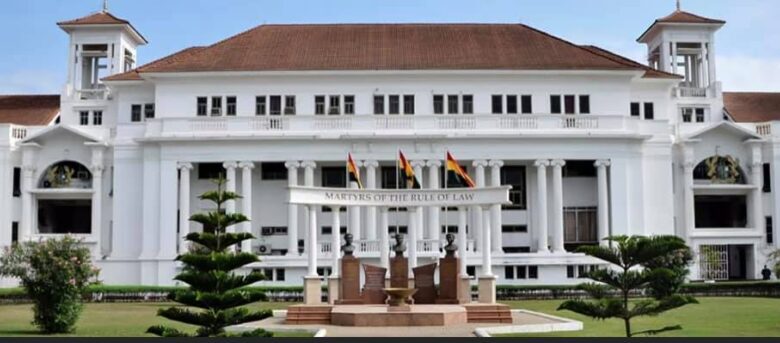
Since the introduction of multi-party elections in 1992, Ghana has successfully conducted six free and fair presidential and parliamentary elections, including three peaceful transfers of power. This record is commendable, yet the transparency and peace of future elections are never guaranteed. General elections in Ghana are fiercely contested between the two main political parties, the New Patriotic Party (NPP) and the National Democratic Congress (NDC), and their respective supporters.
The 2016 election season was marked by intense competition and allegations of fraud and corruption involving the Electoral Commission. Despite the tense atmosphere leading up to the vote, the elections proceeded without major incident, largely due to the intervention of the Supreme Court. The Court’s rulings on electoral transparency and fairness during the 2016 elections reflect a long history of judicial involvement in electoral disputes. This judicial activism has played a significant role in restraining political parties from engaging in electoral fraud and corruption.
The ratification and implementation of international human rights instruments are often used to gauge a state’s commitment to promoting and protecting human rights. Within municipal legal systems, the judiciary is a key player in this process. As one of the branches of government, it significantly influences the development and preservation of both democracy and human rights.
However, in Cameroon, despite being a party to numerous international human rights agreements, there is a notable discrepancy between institutional mechanisms and democratic ideals. The judiciary’s power, as defined by the Constitution, is quite limited, adversely affecting both the country’s democratic evolution and its capacity to uphold human rights.
Key Issues:
Erosion of Trust in Legal Institutions
Loss of Confidence: A judiciary perceived as corrupt or biased undermines public trust. When citizens lose faith in the courts, they may seek alternative, possibly unlawful, resolutions to disputes.
Decreased Rule of Law: A compromised judiciary weakens the rule of law, a fundamental democratic principle. If the judiciary fails to uphold legal standards impartially, it erodes accountability and democratic integrity.
Impairment of Electoral Integrity
Unresolved Electoral Disputes: An ineffective judiciary may struggle to adjudicate electoral disputes, leading to unresolved controversies and political instability, which can undermine the legitimacy of election results.
Manipulation of Election Results: Judicial influence by political pressures or corruption can result in mishandling of electoral irregularities, leading to disputed outcomes and potential unrest.
Undermining Checks and Balances
Concentration of Power: A weak or compromised judiciary disrupts the balance of power among government branches. Failure to act as a check on executive or legislative overreach can lead to power abuses and erosion of democratic norms.
Infringement on Rights: An ineffective judiciary may not protect fundamental rights, leading to human rights violations and suppression of dissent, which can weaken democratic institutions and foster authoritarian practices.
Political Polarization and Instability
Increased Political Tensions: A judiciary seen as biased or politically motivated can heighten political polarization and conflict, undermining social cohesion and stability.
Public Unrest: Failure to fairly address grievances can lead to public dissatisfaction and unrest, potentially resulting in protests or violence that destabilize the democratic framework.
Damage to International Reputation
Loss of Credibility: A judiciary that is not perceived as independent or effective can harm a country’s international reputation, affecting diplomatic relations and support from global partners.
Reduced Foreign Investment: Investors prefer stable and predictable legal environments. A judiciary that is seen as unreliable can deter foreign investment, impacting economic stability and growth.
In summary, the judiciary plays a crucial role in upholding democratic principles by ensuring fairness, accountability, and the rule of law. When it fails to perform these functions effectively, it can lead to a breakdown in democratic processes and contribute to political and social instability.
Story by: Alexander Kukah



